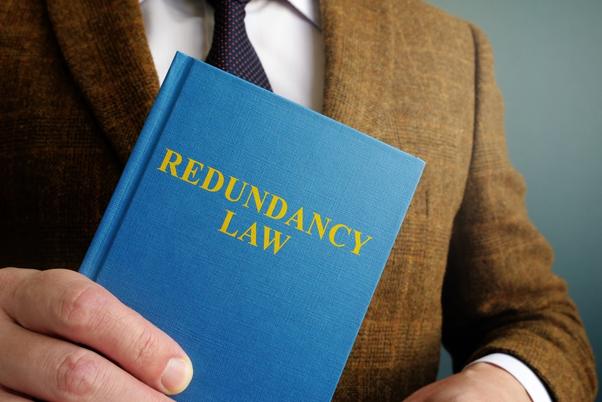
Unrealistic Workload leads to Constructive Dismissal
Mr Sathananthan (“the Applicant”) claimed he was being constructively dismissed from his employer (“the Respondent”) after being expected to work excessive hours well beyond his contractual terms. As this case will demonstrates, employers ought to







